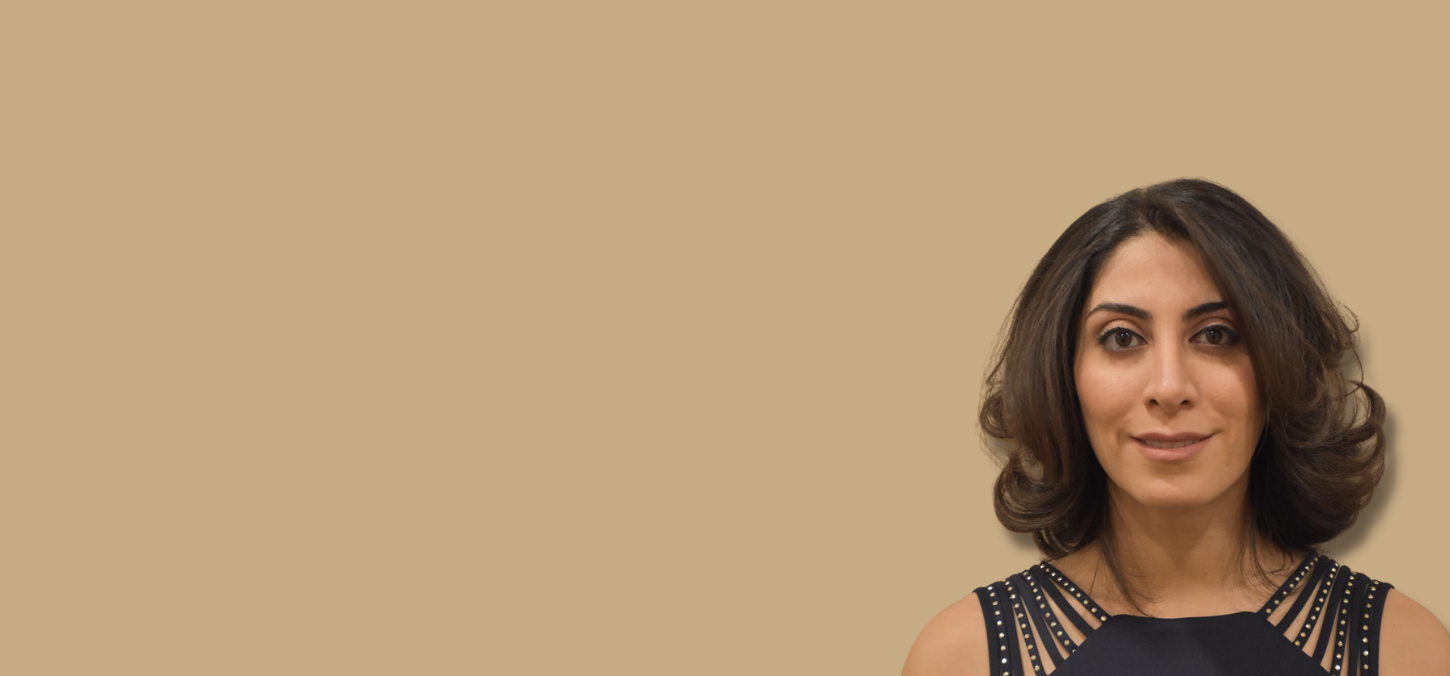
Bridging the Gap for Indigenous Communities
Dr. Mehrsa Dibadin, a 1T4 graduate from the Faculty of Dentistry at the University of Toronto, has been running her own practice in Timmins, Ontario since 2016. Approximately 35% of Dibadin’s patients are from Indigenous communities. “The individuals who are situated locally have easy access to dental care in our community and office,” says Dibadin, “but this is not the case for those living in remote communities up north.”
In the spring months, Dibadin describes how Timmins hosts many Indigenous families and individuals who are forced to evacuate their homes due to springtime flooding. “Most often, these evacuees are urgently in need of dental care as there is a serious lack of access to oral care where they are coming from. We often welcome new patients into our office from the communities of Attawapiskat, Moosonee, and Fort Albany.”
The challenges Indigenous communities face regarding regular dental care are numerous. Often, Dibadin finds that temporary displacement for Indigenous peoples leads to limited time for treatment, which can be often initiated but not completed. “It is difficult to maintain an ongoing, consistent oral care routine when you only see patients once, and treatment plans are then altered accordingly to address the most urgent needs of the patients first.”
Lack of infrastructure adds to these challenges; despite successfully booking patients in the office, having appointments cancelled on short notice due to the lack of reliable transportation (at no fault to the patients) can still happen. “It is extremely disheartening to see a patient for the first time who is in need of extensive dental work and then for them to not have adequate amount of time to complete the treatment,” notes Dibadin. “They will return to their communities and it will become very difficult for them to come back to Timmins to have the remainder of their treatments completed.”
Passionate about seeing transformative change, Dibadin comments on what can be done to address some of the challenges Indigenous communities face when accessing dental care, “We need to create permanent, accessible dental clinics so that remote communities do not have to rely on travelling for dental care.” Enthusiastic about all aspects of dentistry, Dibadin is an active member of various committees and associations, including the Indigenous Oral Health Committee at the Ontario Dental Association.
When asked about what motivates her to strive for positive change, Dibadin highlighted that being able to help patients with their quality of life in any way possible is most fulfilling, whether it is improving their aesthetics and function, or eliminating their discomfort and pain. “My 9-year-old female patient made me a personalized wall art that says “I’ll love you forever, I’ll like you for always, as long as I’m living my dentist you’ll be!” to express her gratitude,” says Dibadin, “and it’s a daily reminder of why I do what I do.”